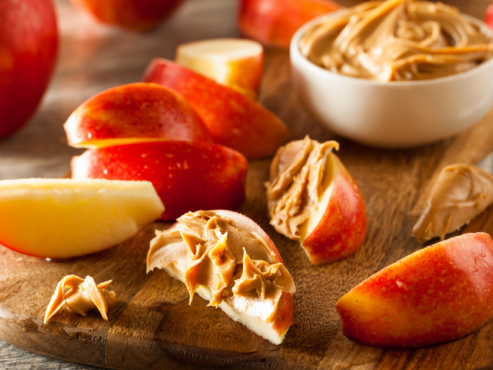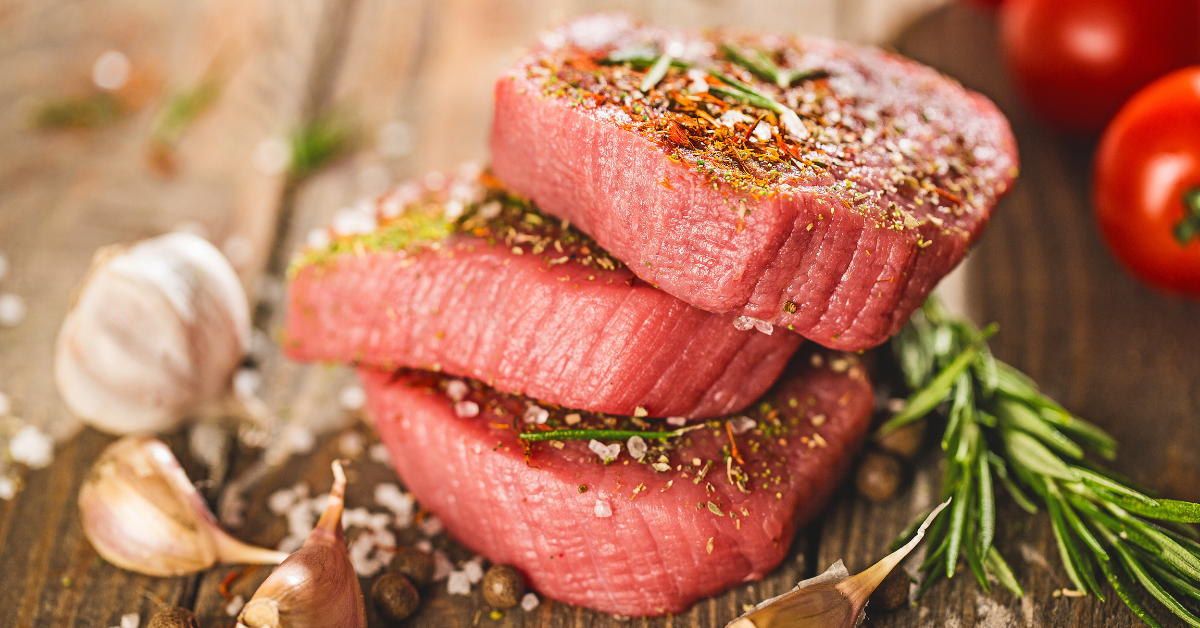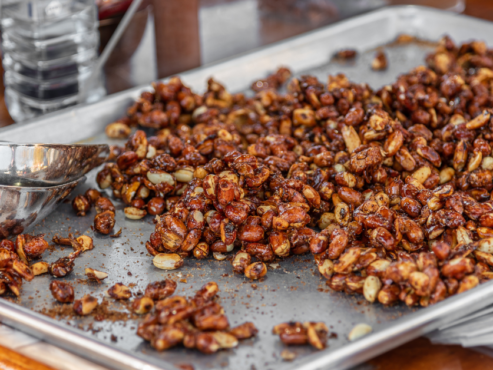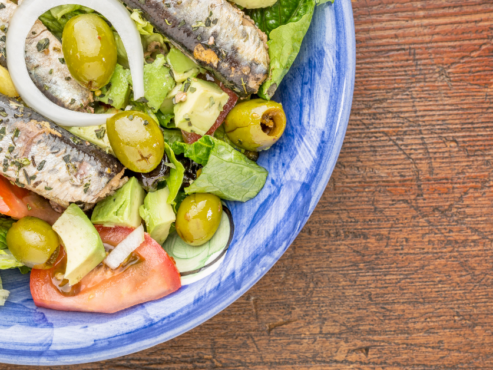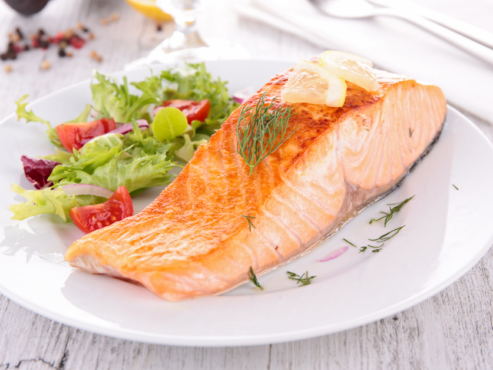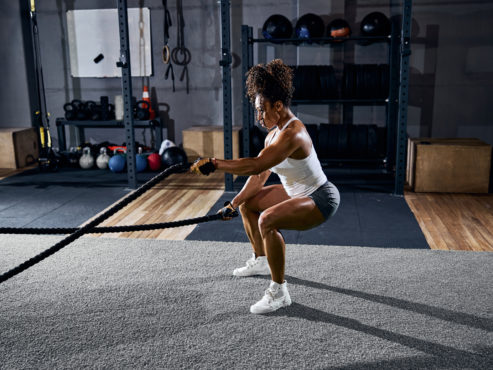
We’ve put together this food selector article that can guide you in terms of what you should be eating more of, some of and less of.
The training you are undertaking requires you to be able to flip across a number of different performance qualities, and possibly some higher and lower intensity days/periods. Your fuel intake should reflect this, and you can use a variety of different foods and types of foods to help you perform at your best.
The more you ask of your body, the more disciplined you need to be with your recovery and your fuel. Using this food selector guide you can add in some of the food suggestions to your regimen to hopefully make this process a little easier and more consistent.
Protein
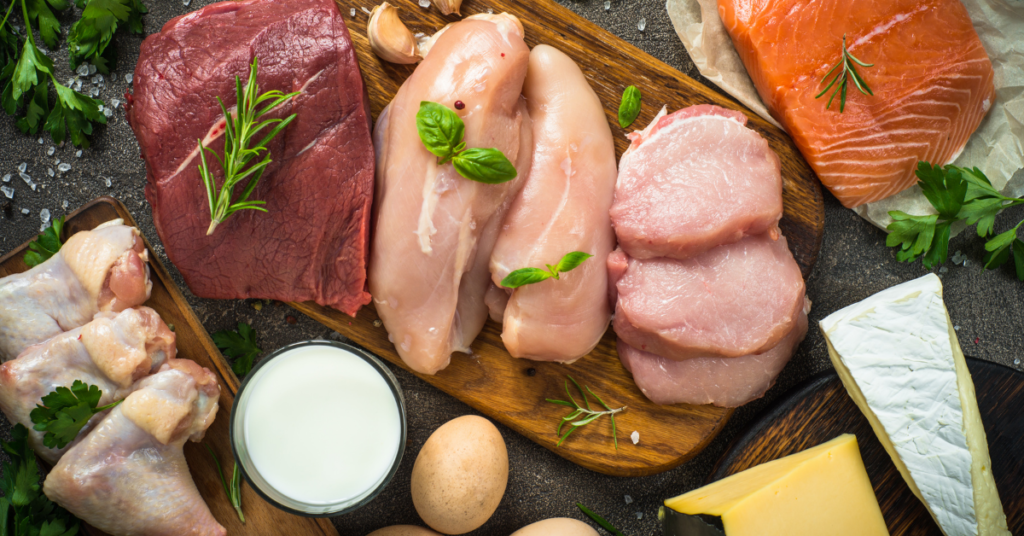
More of
dairy: Calories and protein are key for building muscle, fattier cuts can offer more energy so should be included to complement leaner cuts which will have more protein per serve.
Some of
Minimally processed protein products such sliced turkey or chicken, bacon, jerky, biltong, sausages, whey, hard or greek cheeses: The more processed a food is, the greater the likelihood that some of its vitamins and minerals have been lost and it has high levels of salt, low-quality fats added along with artificial preservatives.
Less of
Highly processed options such as fried chicken, alternative meat products, processed cheese and soy-based options: These foods are often high in low-quality fats, as well as refined carbohydrates. The more a food is processed, the fewer vitamins minerals it tends to have.
Carbohydrates & Fibre
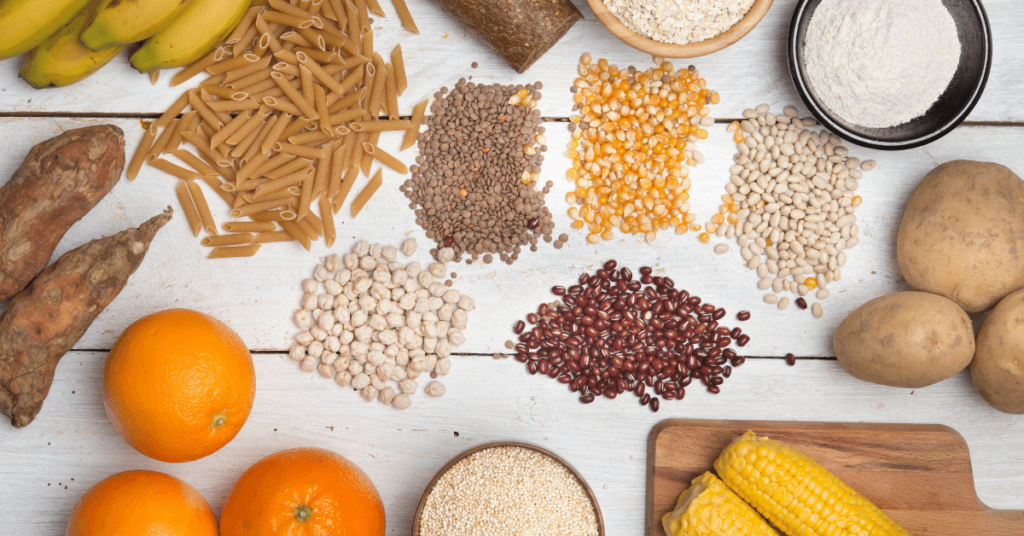
More of
Colourful and fibrous vegetables, starchy vegetables, whole grains such as brown rice, oats and quinoa, small fruits or fruits with skins. We need to be mindful that to build muscle we need to eat more volume. Sometimes including more refined carbohydrates like basmati rice, rice noodles and mashed potato can help us do this, as they have less fibre.
Some of
Fruit juices, dried fruits, flavoured milk drinks, carb powders, cereals and white bread. All of these options are very easily digested, quickly absorbed, calorie-dense carbohydrate sources.
Less of
Highly processed carbohydrate foods are also high in low-quality fats. The amount of processing these foods undergo leaves them with very little additional nutrition other than energy.
Fats
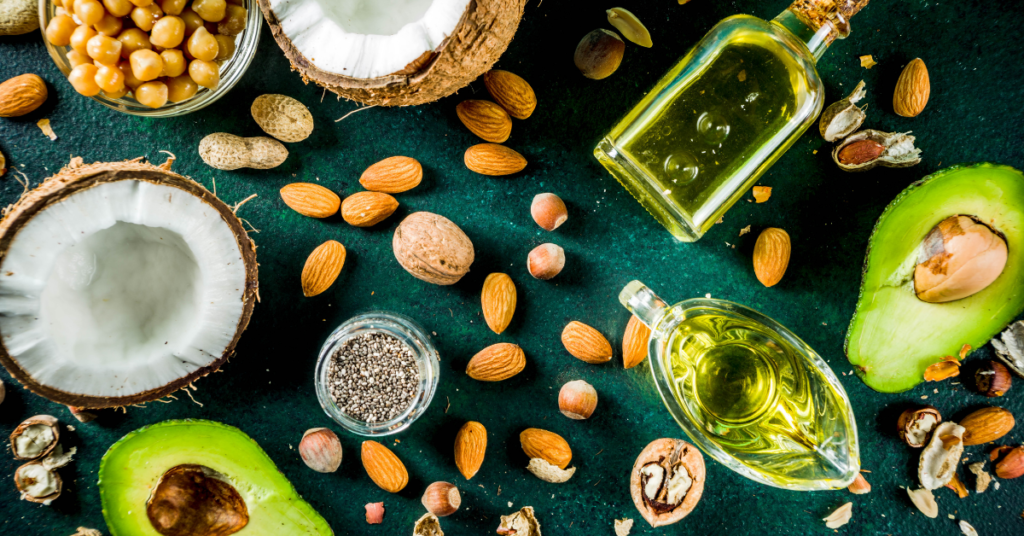
More of
Cold-pressed fruit oils such as olive or avocado, raw nuts, olives, avocados, milled seeds such as linseed chia and hemp, homemade pesto’s, and salad dressings are good sources of monounsaturated and omega 3 fats. Adding calorie-dense foods like nut butter to snacks and butter to toast or sandwiches is an easy way to increase energy.
Some of
Nut butter and cold-pressed nut oils such as coconut, grass-fed butter and ghee, fish oil supplements, and shop-bought salad dressings. Nut butter is very easy to overeat, and as they are predominantly fat, are very energy-dense. Shop bought salad dressings are often high in sugar and salt, so we need to be mindful of that.
Less of
Refined seed oils, and processed food products that contain low-quality fats such as trans and refined carbohydrates. Many of the foods here are hyper-palatable foods, meaning it can be easy for us to overeat on these options. Low-quality seed oils can also have a detrimental effect on the health of our cell membranes.

